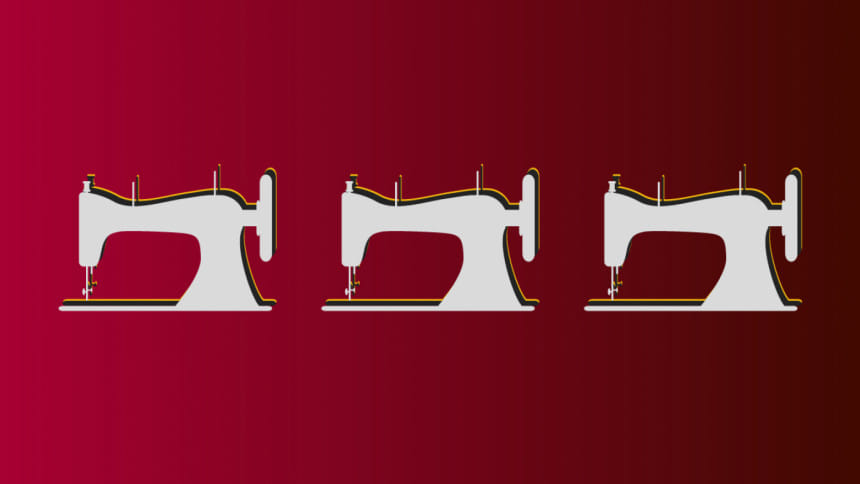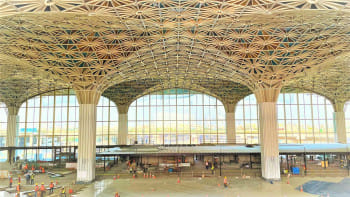96 garment workers infected with Covid-19 since April 9

Some 96 garment workers and a staffer were found Covid-19 positive in the last 28 days in the country since April 9, according to a report of Bangladesh Garment Shramik Sanghati (BGSS).
Of the workers, 52 percent were infected since the reopening of factories on April 26, while the rest 48 percent got infected between April 9 and April 26, the report said.
Besides, 79 percent of the infected are workers of factories in Dhaka, Gazipur and Narayanganj districts, it said.
A highest of 26 cases has been reported in Narayanganj, followed by 24 in Savar and 14 in Gazipur.
Also, seven workers were infected in Ashulia, six in Dhaka, two each in Mymensingh and Chattogram, one each in Manikganj and Jashore and the rest 14 in other areas, it added.
Findings of the report "Data list of coronavirus-infected garment workers" were disclosed today via a virtual press conference.
Coronavirus outbreak at community level together with the rapid increase in the number of infected garment workers suggest the factories were resumed without due preparations, BGSS President Taslima Akhter said while disclosing the findings.
"As a result, there is a huge risk for the workers are left in huge risk," she said.
Taslima hoped the research's outcome will help the government and factory owners reconsider steps regarding operating the factories and provide safety to the workers to save the garment sector as a whole.
The report was prepared based on news reports published in 25 media outlets including national and local dailies and online news portals.
It said 10 garment workers and one factory official died either due to coronavirus infection or having symptoms of the infection since April 3.
Three of the deceased were coronavirus positive, the report added.
BGSS said the findings hinted there is a further chance of infection among garment workers due to factories reopening without adequate preparation.
Most garment workers are low-paid and can only rent small homes in often squalid conditions, it said. Many also live with their families.
These raise concern over the effectiveness of home quarantine for them and warned that their family members and neighbours might contract the disease.
The BGSS also called upon the government and owners to reconsider decisions regarding factory reopening at this time.
It demanded quick disclosure of information regarding infected and deceased workers and disinfection measures at factories including those in Savar and Ashulia, where workers were found infected.
It urged the authorities to ensure the treatment of infected garment workers and providing their treat costs.

 For all latest news, follow The Daily Star's Google News channel.
For all latest news, follow The Daily Star's Google News channel. 



Comments